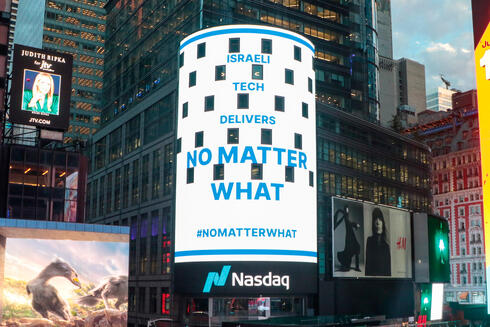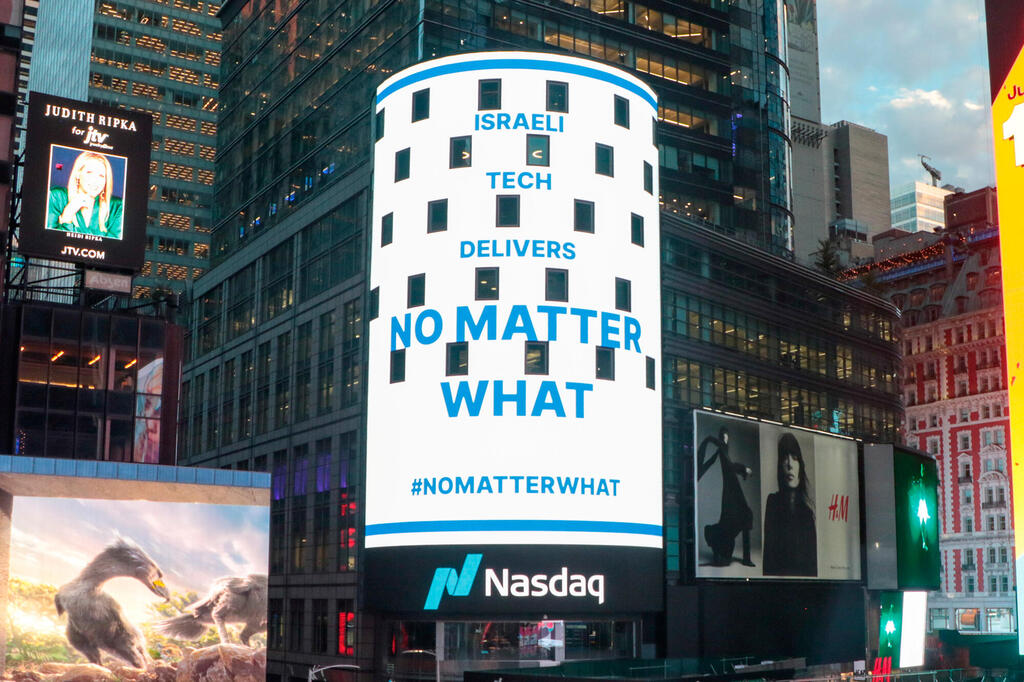
AnalysisWhy Wall Street loves Fiverr’s growth more than Check Point’s profits
Analysis
Why Wall Street loves Fiverr’s growth more than Check Point’s profits
With Check Point hitting forecasts and Fiverr exceeding them, expectations—and stock starting points—shifted investor priorities.
Which financial report should make shareholders happier? That of a software company whose revenue grew by 7% this quarter, with a gross margin of 89% and an operating profit of 34% of revenue, or a software company whose revenue grew by 8% but had a gross margin of 81% and an operating loss? Admittedly, not all relevant data is provided, but logically, if growth is already slow, profitability should at least be a priority.
However, that’s not how Wall Street’s logic works, where it all comes down to expectations and the stock's starting point. The recent performances of two Israeli technology companies—Check Point and Fiverr—illustrate how much investor expectations shape reactions.
Check Point released its third-quarter results, meeting analysts' forecasts with a few "soft spots" in the details. Still, the company reiterated its guidance, projecting $2.5 billion in revenue this year and over $1 billion in net profit. Despite this, investors responded by dropping the cybersecurity company’s stock by 15%, a decline that continued the following day.
Meanwhile, Fiverr's stock surged by 25% during trading after it posted a similar growth rate, albeit on a smaller scale—it projects nearly $400 million in revenue for 2024 and aims to break even. Fiverr, which provides a platform connecting freelancers with clients, exceeded forecasts slightly, which also led to a modest increase in its annual guidance. Like Check Point, Fiverr’s report had some weaker points, including a decline in its gross profit margin.
So, what explains investors’ enthusiastic response to Fiverr and their harsh reaction to Check Point, despite no fundamental changes in either company? First, it’s the stock's starting point—Check Point was trading at an all-time high after a 36% surge this year, driven by high expectations for new leadership under Nadav Zafrir, who will replace founder Gil Shwed as CEO.
Fiverr's situation was the opposite: its stock underperformed the Nasdaq this year, down by 8% until it rebounded, returning to a valuation of over $1 billion. Secondly, there was an expectation in the capital market that Check Point would pivot toward faster growth after years of stagnation—a hope that was disappointed in the third quarter, especially as Zafrir has not yet assumed the CEO role. Fiverr, by contrast, managed expectations well, and an additional few million dollars in revenue beyond projections was enough to satisfy investors.
In summary, both companies are expected to grow at a similar rate this year, though Check Point will do so on a much larger scale and remain highly profitable. Its market value is also significantly higher at $19 billion, while Fiverr’s price-to-earnings ratio has climbed to 107, compared to Check Point’s 23. Check Point’s multiple is well below the Nasdaq average (currently 43), while Fiverr’s is much higher.
Which company is more likely to justify its current valuation? Both operate in growing, competitive markets. Yet, Check Point’s position, marked by years of stability, strong technology, and substantial cash reserves, could benefit from a new, more aggressive CEO, potentially justifying a higher multiple.
Still, investors seemed more optimistic about Fiverr, which ended the quarter with an 8% revenue increase to $99.6 million. For Q4, Fiverr anticipates revenue between $100-102 million, reflecting growth aligned with its rising average transaction value of $296, a 9% year-over-year increase. However, alongside the revenue surprise, there was a decline in profitability: gross margin fell to 81%, down from 83.7% a year prior. As a result, Fiverr’s operating loss increased to $3.5 million from $2.3 million a year earlier. Despite this, Fiverr reported net income of $1.35 million, helped by $7 million in interest income, though this was down from $3 million in the same period last year and $3.3 million in the previous quarter.
Cash flow was also modest at $11 million, affected by a $12 million provision related to its acquisition of dropshipping company AutoDS in Q2. The purchase is expected to expand Fiverr's offerings in dropshipping, web development, and e-commerce management, among the fastest-growing sectors in the freelance market.















